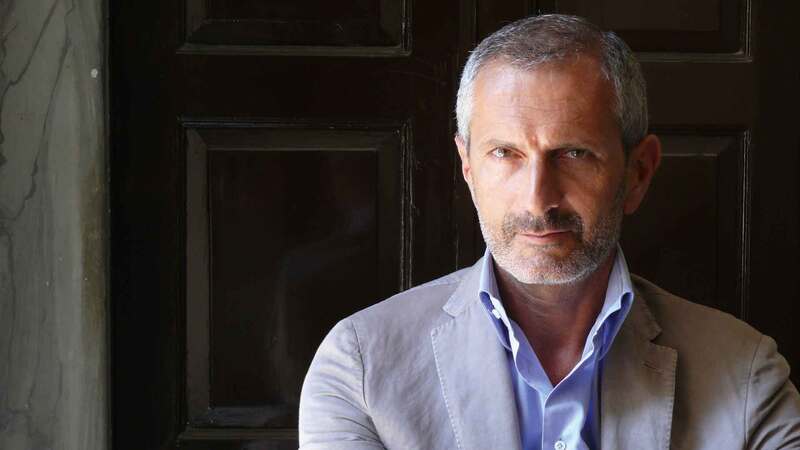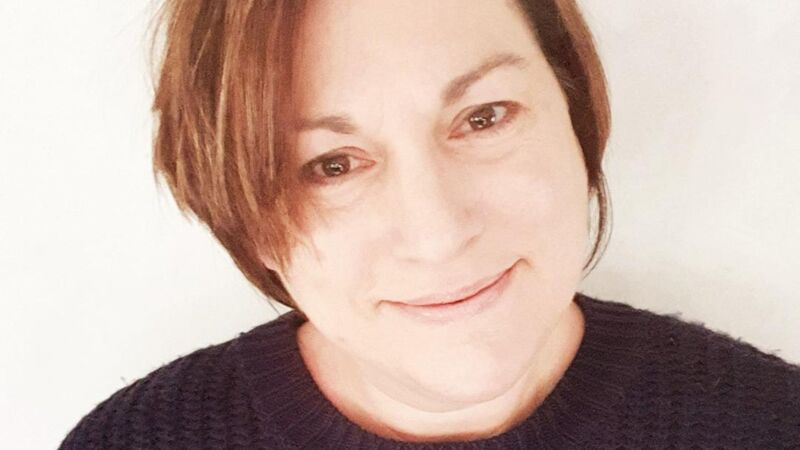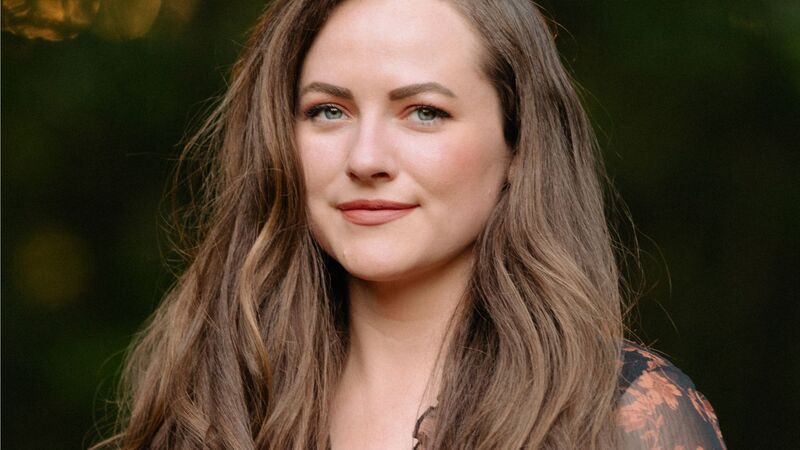You are viewing your 1 free article this month. Login to read more articles.
Extract: Ghana must go
Kweku dies barefoot on a Sunday before sunrise, his slippers by the doorway to the bedroom like dogs. At the moment he is on the threshold between sunroom and garden considering whether to go back to get them. He won’t. His second wife Ama is asleep in that bedroom, her lips parted loosely, her brow lightly furrowed, her cheek hotly seeking some cool patch of pillow, and he doesn’t want to wake her.
He couldn’t if he tried.
She sleeps like a cocoyam. A thing without senses. She sleeps like his mother, unplugged from the world. Their house could be robbed—
by Nigerians in f lip-flops rolling right up to their door in rusting Russian Army tanks, eschewing subtlety entirely as they’ve taken to doing
on Victoria Island (or so he hears from his friends: the crude oil kings and cowboys demobbed to Greater Lagos, that odd breed of African: fearless and rich)—and she’d go on snoring sweetly, a kind of musical arrangement, dreaming sugarplums and Tchaikovsky.
She sleeps like a child.
But he’s carried the thought anyway, from bedroom to sunroom, making a production of being careful. A show for himself. He does this,
has always done this since leaving the village, little open-air performances for an audience of one. Or for two: him and his cameraman, that silent-invisible cameraman who stole away beside him all those decades ago in the darkness before daybreak with the ocean beside, and who has followed him every day everywhere since. Quietly filming his life. Or: the life of the Man Who He Wishes to Be and Who He Left to Become.
In this scene, a bedroom scene: The Considerate Husband. Who doesn’t make a peep as he slips from the bed, moving the covers aside noiselessly, setting each foot down separately, taking pains not to wake his unwakable wife, not to get up too quickly thus unsettling the mattress, crossing the room very quietly, closing the door without sound. And down the hall in this manner, through the door into the courtyard where she clearly can’t hear him, but still on his toes.
Across the short heated walkway, from Master Wing to Living Wing, where he pauses for a moment to admire his house. It’s a brilliant arrangement this one-story compound, by no means novel, but functional, and elegantly planned: simple courtyard in the middle with a door at each corner to the Living, Dining, Master, and (Guest) Bedroom Wings. He sketched it on a napkin in a hospital cafeteria in his third year of residency, at thirty-one years old. At forty-eight bought the plot off a Neapolitan patient, a rich land speculator with Mafia ties and Type II diabetes who moved to Accra because it reminds him of Naples in the fifties, he says (the wealth pressed against want, fresh sea air against sewage, filthy poor against filthier rich at the beach). At forty-nine found a carpenter who was willing to build it, the only Ghanaian who didn’t balk at putting a hole in a house. The carpenter was seventy with cataracts and a six-pack. He finished in two years working impeccably and alone.
At fifty-one moved his things in, but found it too quiet.
At fifty-three took a second wife.
Elegantly planned.
Now he stops at the top of the square, between doorways, where the blueprint is obvious, where he can see the design, and considers it as the painter must consider the painting or the mother the newborn: with confusion and awe, that this thing which sprang to life there inside the mind or body has made it here to the outside, a life of its own. Slightly baffled. How did it get here, from in him to in front? (Of course he knows: with the proper application of the appropriate instruments; it’s the same for the painter, the mother, the amateur architect—but still it’s a wonder to look at.)
His house.
Ghana Must Go by Taiye Selasi is published by Viking in April.














